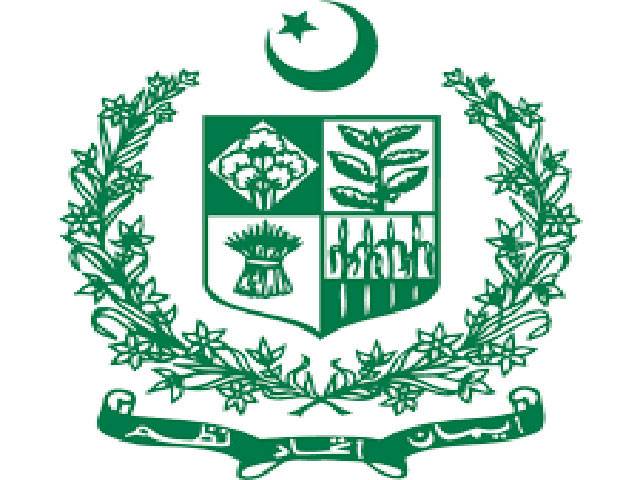ISLAMABAD - The PTI led government has planned to privatise 48 public sector entities (PSEs) including loss-making Pakistan International Airlines (PIA) and Pakistan Steel Mills (PSM) during its five years constitutional tenure.
Senior officials of the Privatization Commission have informed the National Assembly’s standing committee on privatisation about the privatization programme of the incumbent government. Secretary Privatization Commission Rizwan Malik briefed the committee that government has decided to privatize 48 public sector entities (PSEs) during its five years tenure.
He informed that government has planned to privatise PIA and PSM after restructuring them. The accumulative losses of PIA and PSM had surged to Rs400 billion and Rs200 billion respectively. He said that government would restructure the PIA and PSM before their privatization, as no one would be interested in purchasing these two PSEs in the existing conditions. “The government will privatize the PIA and PSM in second phase, which will take three to five years,” he added.
Govt is holding negotiations with 5-6 companies for selling PSM
Talking about the privatization of PSM, Secretary Privatization Commission said that government is holding negotiations with 5 to 6 companies for selling Pakistan Steel Mills, which had shutdown since July 2015. The companies are from China and Russia. He further informed that government wants to privatize the PSM on public private partnership. “The government is facing monthly loss of Rs400 million due to dysfunctional PSM”.
The committee was informed that government has shortlisted seven PSEs for the privatization in the first stage. Giving the details, he said that PSEs included First Women Bank, two RLNG power plants including Haveli Bhadar Shah and Balloki, government’s 18.5 percent shares in Mari Petroleum Company Limited through stock exchange, Lakhra Coal Mines and well as Services International Hotel Lahore and Jinnah Convention Centre Islamabad. These seven PSEs would be privatized in one and half or two years.
In the second phase, the government would privatize 41 PSEs including PIA and PSM that would take three to five years. Meanwhile, about 15 PSEs have been delisted from the Privatization Program.
Rizwan Malik informed that previous PML-N government had privatized five PSEs during its tenure from 2013 to 2018. The five transactions included of Habib Bank Limited (HBL), United Bank Limited (UBL), Allied Bank Limited (ABL), Pakistan Petroleum Limited (PPL) and National Power Construction Company (NPCC). The government had generated $1.7 billion through privatisation of these five PSEs.
The government had divested 19.6 percent shares of the UBL in 2014, which generated Rs38.22 billion. Similarly, the government had divested the 70 million shares of PPL, and 131 million shares of ABL; it earned around Rs30 billion in the same year. Furthermore, the government had divested 610 million shares of HBL in 2015 that generated Rs102.4 billion for the national kitty. Meanwhile, the government had generated Rs2.5 billion by selling the shares of NPCC. Since then, no privatization had been completed.
He also informed that PPP government during its tenure from 2008 to 2013 had privatized a single public sector entity. The PML-Q had privatized 38 PSEs during its five years tenure from 2002 to 2007, which had generated Rs377 billion.
Secretary, Privatization Commission also briefed the Committee over the working and performance of the Division. He apprised that the Privatization Division has been working with a vision to make Privatization Commission a standard bearer in the ongoing struggle to revitalize and restructure Pakistan’s economy. The Ministry of Privatization is divided into two parts i.e. Privatization Division and Privatization Commission. The Ministry of Privatization was re-created in 2017. The functions allocated under the Rules of Business include Privatization policies, administration of Privatization Commission Ordinance, 2000, negotiations with International Organizations relating to the functions of Privatization in consultation with the Economic Affairs Division.
He further briefed the Committee that Privatization Commission comprises of Chairman, Secretary and Members of the Board with the functions including policy, legislation, restructuring, planning and implementation of privatization program, working under the supervision of Cabinet Committee on Privatization.






